Loyola Law School's Intellectual Property and Information Law Speaker Series generally meets on Mondays at noon in Burns 240. Each talk ends just before 1:00pm, including a period for Q&A. The series is open to all students, faculty, and alumni interested in IP, entertainment law, and technology issues. Snacks and/or a light lunch will be served. Alumni and other practitioners interested in attending any of the series should RSVP to ipprogram@lls.edu. Papers will be available to talk attendees (other than faculty and IP seminar participants) by request.
[The IP and Information Law Speaker Series is held in conjunction with the IP Seminar; students enrolled in the seminar will have an additional class meeting with each Monday speaker to explore the speaker's project in greater depth.]
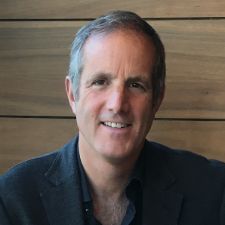
31 JANUARY
Sean M. O’Connor
George Mason University
Controlling the Means of Innovation
Sean O’Connor is Professor of Law and Faculty Director of the Center for Intellectual Property x Innovation Policy (C-IP2) at George Mason. His research and law practice focus on intellectual property and business law, especially the role of general counsel for start-ups and commercializing innovation. Professor O’Connor received his law degree from Stanford Law School, a master’s degree in philosophy from Arizona State University, and a bachelor’s degree in history from the University of Massachusetts, Boston. Before graduate school he was a singer-songwriter with two self-released albums. He is currently writing The Means of Innovation: Creation, Control, Method+ology and serving as Editor of The Oxford Handbook of Music Law & Policy, both forthcoming from Oxford University Press.
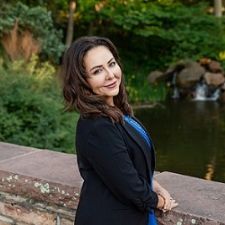
7 FEBRUARY
Kristelia García
University of Colorado Law School
Pay-to-Playlist: The Commerce of Music Streaming
Kristelia García is an associate professor at the University of Colorado Law School, where she serves as Director of the Intellectual Property Initiative at the Silicon Flatirons Center for Law, Technology, and Entrepreneurship. Her research is focused on the intersection of intellectual property and economics, with a particular focus on efficiency, competition, and private ordering. Prior to joining academia, Professor García practiced at Quinn Emanuel and Wachtell Lipton; she has also worked at MySpace Music and the Universal Music Group. Professor García received her B.A. in Economics from Columbia University, and her J.D. from Yale Law School.
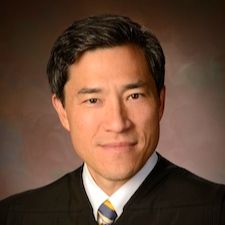
21 FEBRUARY
The Honorable Raymond T. Chen
Court of Appeals for the Federal Circuit
Rules v. Standards: The Federal Circuit in Transition
Judge Chen was appointed to the United States Court of Appeals for the Federal Circuit in 2013. Before joining the court, he served as Deputy General Counsel for Intellectual Property Law and Solicitor at the United States Patent and Trademark Office from 2008 to 2013; he was also an Associate Solicitor in that office from 1998 to 2008. Judge Chen received his J.D. from the New York University School of Law in 1994 and his B.S. in Electrical Engineering from the University of California, Los Angeles in 1990.

7 MARCH
Sean Seymore
Notre Dame University
Unclean Patents
Sean B. Seymore is the John P. Murphy Foundation Professor of Law at Notre Dame Law School. His research focuses on how patent law and policy should evolve in response to advances in science and technology. Professor Seymore has taught at Vanderbilt, Washington & Lee, and Northwestern. Before entering law teaching, he practiced at Foley Hoag in Boston. Professor Seymore earned his B.S. in chemistry at the University of Tennessee, a M.S.Chem. (with thesis) from Georgia Tech, a Ph.D. in chemistry from Notre Dame, and his J.D. from Notre Dame with an Allen Endowment Fellowship.
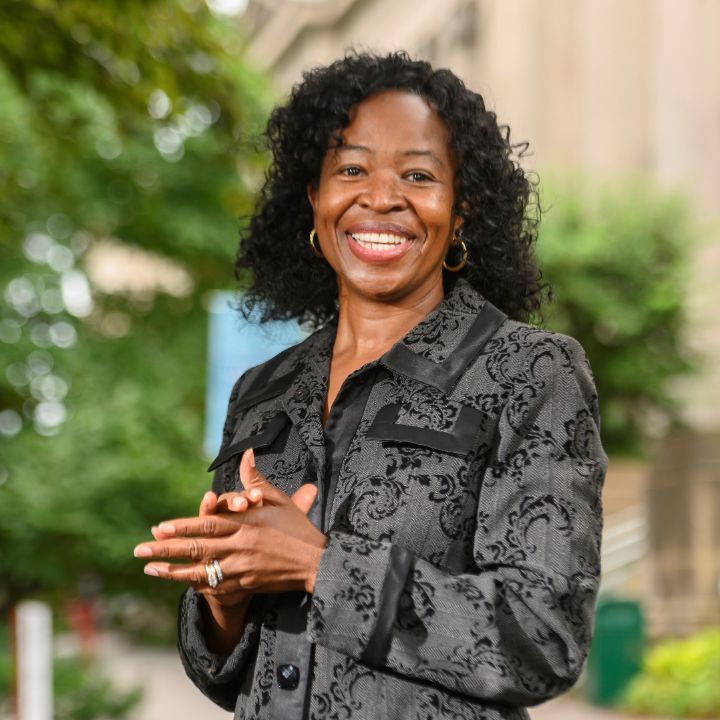
14 MARCH
Ruth L. Okediji
Harvard University
Traditional Knowledge and the Public Domain
Ruth L. Okediji is the Jeremiah Smith Jr. Professor of Law at Harvard Law School, where she teaches contracts, international intellectual property (IP), patents, copyright, and courses on Biblical Law. Professor Okediji’s research and scholarship examines innovation policy, economic development, human rights, and global knowledge governance. She was a member of the United Nations High Level Panel on Access to Medicines and served as a lead expert and negotiator for the WIPO Marrakesh Treaty to Facilitate Access to Published Works (2013). She was named one of the 50 most influential figures in IP and received the 2019 Public Knowledge IP3 Award. Her latest book, Traditional Knowledge and Modern Justice, is forthcoming in 2023.
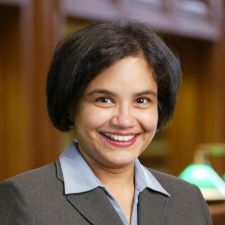
21 MARCH
Srividhya Ragavan
Texas A&M University
The Use Doctrine in Trademark Law: Issues from Trade and Transborder Reputation
Srividhya Ragavan is a Professor of Law, Faculty Director of India Programs and University’s ADVANCE Fellow at Texas A&M School of Law. Professor Ragavan’s scholarship emphasizes issues intersecting international trade law with intellectual property rights. Her books include Patents and Trade Disparities in Developing Countries (2012); Diversity in Intellectual Property: Identities, Interests, and Intersections (eds. with Irene Calboli, 2019) and Intellectual Property Law and Access to Medicines (eds. with Amaka Vanni, 2021). She received her bachelor’s degree and initial law degree from the National Law School of India University, her LLM from King’s College, University of London, and her SJD from George Washington University.
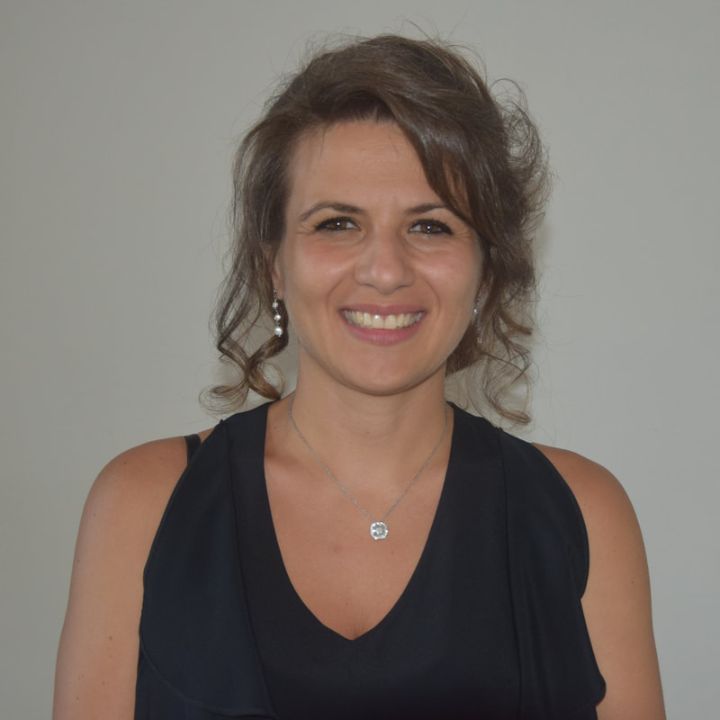
4 APRIL
Michela Giorcelli
University of California – Los Angeles
Copyright and Creativity: Evidence from Italian Opera in the Napoleonic Age
Michela Giorcelli is an Assistant Professor of Economics at the University of California – Los Angeles, a Faculty Research Fellow at the National Bureau of Economic Research, and a Faculty Affiliate at the California Center for Population Research. She received her Ph.D. in Economics from Stanford University in 2016. Her interests lie at the intersection of economic history, economics of innovation, and applied microeconomics. She has published in the American Economic Review and in the Journal of Political Economy. Her book Professionals and Productivity. The Diffusion of Soft Technologies during and after WWII will be published by Princeton University Press and will analyze the changes in firm organization driven by management practices adoption.